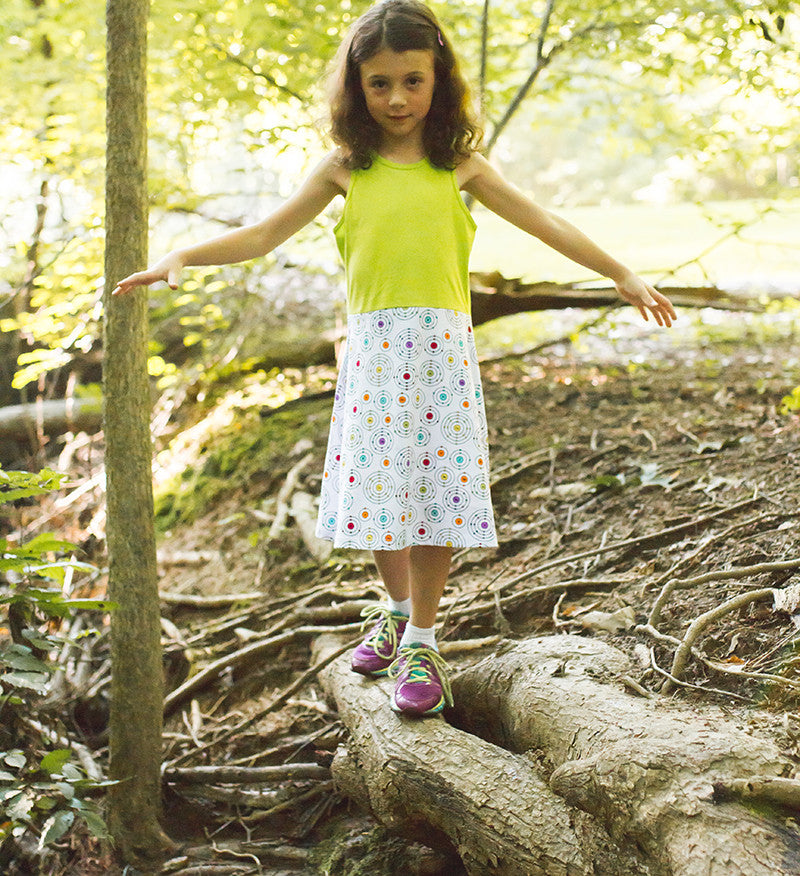Free Shipping on domestic orders over $100!

How to Empower Courage
November 14, 2016 2 min read

Have you taught your child to be afraid? Good - that’s what we’re supposed to do as parents. We need fear to keep us safe - fear of getting hit by a car, fear of crashing a bike and getting injured, fear of drinking dirty water and getting sick.

But now that we have encouraged healthy fear (and its ancillary, caution), how do we empower our kids to keep fear from controlling and limiting them? Once fear is learned, it can take over a child’s life and paralyze them into inactivity and anxiety. We can empower them to take back control by teaching them to practice fear’s antidote - courage.
Acknowledge and accept fear. Courage and fear go hand in hand. Courage does not mean “not afraid.” Courage means “afraid, but doing it anyway.” We should affirm our children’s fears, not dismiss them. It makes their success at overcoming those fears all the more significant.
Teach courage as a skill. Courage is a virtue - a good habit. It’s a practice that we cultivate, not a talent we naturally possess. If a child is not able to practice courage all the time, it’s all right. With practice, it will become effortless - and a part of their character as bravery.

Celebrate courageous moments. We’ve all heard that we should praise the effort rather than the outcome - that’s true of courage too. We should praise the effort a child is making toward becoming courageous. For a child with many fears, it can be a long, difficult journey, and every attempt matters.
Model courage. Like Eleanor Roosevelt said, “Do one thing that scares you every day.” If you are courageous, your child will model your habit of courage. We should tell our children when we’re feeling afraid, and why - and then go do the thing anyway.

And be courageous for them. We can’t let our own fears about our kids hold them back. If we want our children to become courageous, we also have to be courageous on their behalf. Every single new thing our kids do scares us - will they succeed? What if they fail? Will they get hurt? We can’t listen to those fears and let them influence how we treat our kids. The fears will always be there - but we have to let our kids grow and thrive and fail and learn anyway.
Leave a comment
Comments will be approved before showing up.
Subscribe
Sign up to get the latest on sales, new releases and more …




